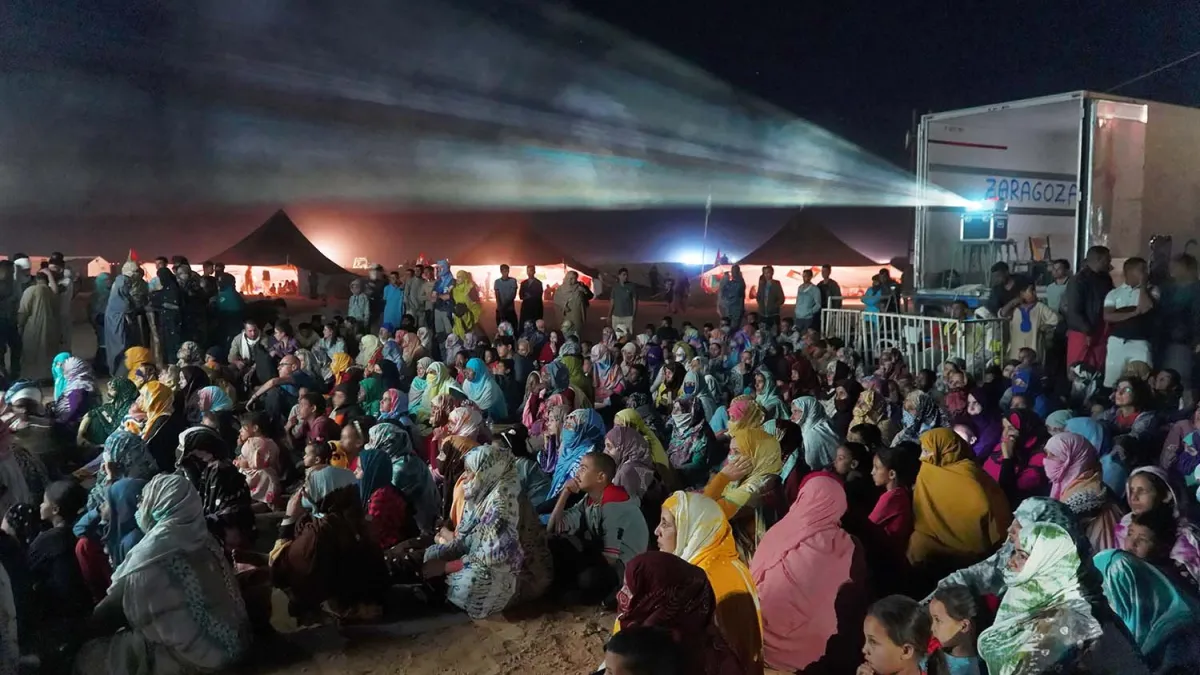
Algeria has announced it will host a major international forum this October focused on the Western Sahara conflict, reaffirming its support for the Sahrawi cause.
The upcoming event, described as a global youth gathering in solidarity with the Sahrawi people, will be organized under the auspices of the Algerian government and aims to rally youth voices from across continents around the longstanding dispute.
Algerian Minister of Youth and Sports, Mustapha Hidaoui, confirmed the initiative during a recent meeting in Algiers with Khatri Adouh, a senior representative of the Polisario Front.
Hidaoui stressed the Algerian government’s commitment to ensuring the forum’s success, citing the “establishment of the necessary conditions to achieve the objectives set by the organizers.”
Entirely financed by Algeria, the forum forms part of a wider range of diplomatic and cultural initiatives that Algiers has launched in support of the Polisario Front, the movement seeking independence for Western Sahara.
For Algeria, the event represents another opportunity to assert its influence on a sensitive regional issue that has contributed to strained ties with Morocco.
Western Sahara remains listed by the United Nations as a non-self-governing territory. Since Spain’s withdrawal in 1975, its status has been contested, with Morocco claiming sovereignty over most of the region, while the Polisario Front continues to advocate for full independence.
The rift between Morocco and Algeria deepened in 2021, culminating in the severing of diplomatic relations, largely due to their opposing positions on the Sahrawi issue.
Set against this backdrop, the planned forum carries both political and symbolic weight. Organizers hope it will galvanize international youth engagement around the principle of self-determination—a right repeatedly affirmed in UN resolutions on the territory.
Early indications suggest that the event will attract delegations of youth activists, civil society groups, and representatives from regional and international organizations. Cultural programs, public debates, and advocacy campaigns are expected to be central to the forum’s agenda, aiming to spotlight the rights and aspirations of the Sahrawi people.
Though not without precedent—similar events have taken place in Latin America, sub-Saharan Africa, and Europe—the choice of Algeria as host gives this edition special significance. As a neighboring state deeply involved in the dispute, its hosting of the forum signals continued political engagement in a regional conflict that remains unresolved.



